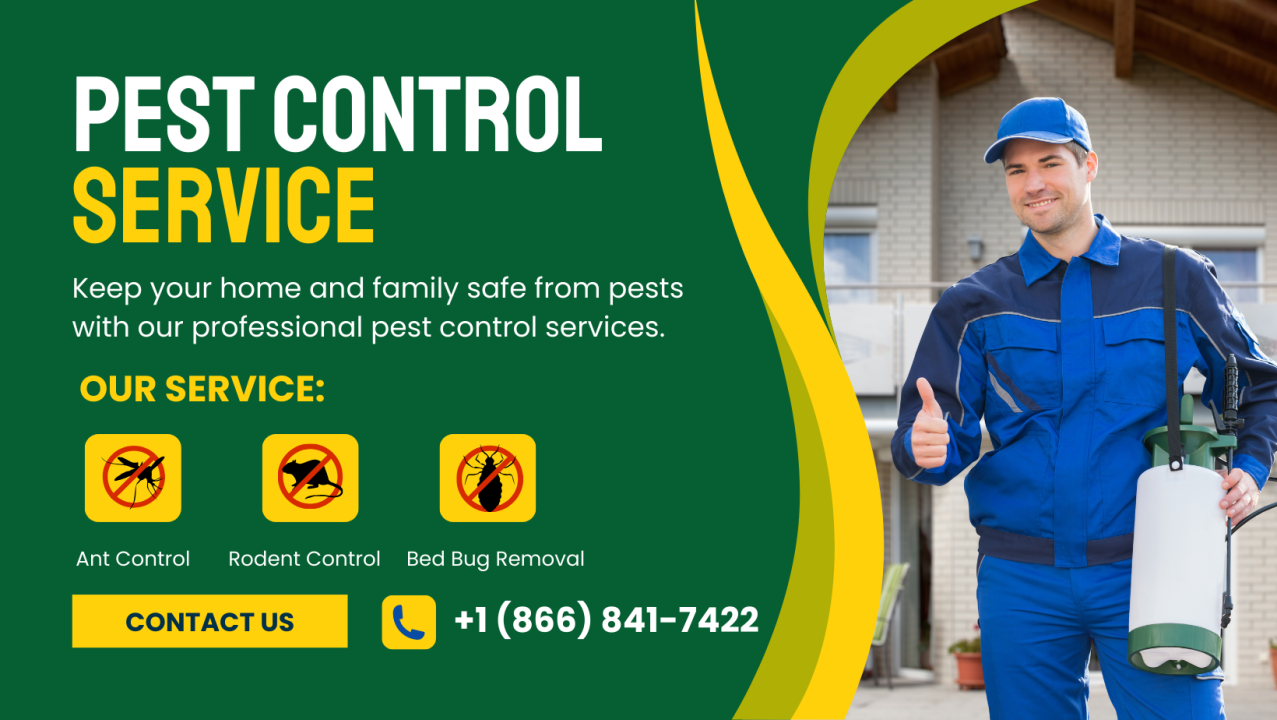Comprehending the Numerous Methods to Bug Control: A Comprehensive Guide

Natural Insect Control Methods
Utilizing environment-friendly techniques such as friend growing and organic parasite control is necessary for efficiently managing parasites in agricultural setups. Buddy planting entails expanding various crops in closeness to discourage parasites, improve nutrient uptake, and improve general crop health and wellness.
Biological bug control involves presenting natural killers or pathogens to manage pest populations. Ladybugs, as an example, eat aphids, managing their numbers without the demand for chemical pesticides. Another instance is making use of Bacillus thuringiensis (Bt), a germs that targets specific insect bugs while being safe to human beings, animals, and beneficial bugs.
These eco-friendly techniques not just reduce the reliance on artificial pesticides but likewise aid preserve biodiversity and dirt wellness. By incorporating natural parasite control techniques into farming practices, farmers can accomplish lasting parasite management while lessening adverse influence on the atmosphere.

Chemical Insect Control Solutions
Along with all-natural parasite control approaches, the utilization of chemical insect control options plays a substantial role in effectively handling pest populations in agricultural atmospheres. Chemical bug control remedies are created to target details bugs that might create considerable damages to plants. These remedies usually contain artificial chemicals that are made to eliminate bugs swiftly and effectively.
One of the essential advantages of chemical insect control services is their effectiveness in controlling bug problems widespread. Farmers can use these services using various approaches such as splashing, airing out, or seed treatment to secure their crops from hazardous insects, weeds, and conditions. In addition, chemical bug control services are relatively very easy to use and can offer rapid outcomes, assisting farmers protect their yields and decrease economic losses.
Nonetheless, it is vital to use chemical parasite control services judiciously to lessen potential adverse influence on the setting, non-target organisms, and human wellness. Proper application methods, adherence to safety guidelines, and normal tracking are critical to make sure the liable use chemical bug control solutions in agricultural methods.
Biological Insect Control Approaches
Biological parasite control approaches utilize all-natural killers or virus to take care of pest populations in agricultural settings efficiently. One common organic control technique is the intro of all-natural opponents, such as ladybugs or parasitical wasps, to target certain bugs.
An additional organic control technique involves using pathogens like viruses, bacteria, or fungi to contaminate and eliminate bugs. These microbial agents can be splashed on plants or presented into the soil to combat numerous bugs without hurting valuable pests or other wildlife. In addition, the usage of pheromones to disrupt the breeding patterns of bugs is one more effective organic control method. By hindering their recreation, this method helps to lower insect populations without the demand for chemical intervention. Overall, organic insect control approaches supply a sustainable and targeted remedy to pest administration in farming.
Integrated Pest Management (IPM)
Integrated Bug Administration (IPM) is a comprehensive method that integrates like this different pest control methods to effectively handle and decrease pest populaces in agricultural systems. IPM concentrates on long-term prevention of bugs via a mix of organic, social, physical, and chemical control approaches. By integrating these various techniques, IPM intends to decrease dependence on chemical pesticides, lessen environmental impact, and promote lasting pest management practices.
One key aspect of IPM is making use of biological controls such as all-natural killers, bloodsuckers, and pathogens to regulate insect populations. This technique uses the power of nature to keep an equilibrium in between parasites and their all-natural adversaries without creating harm to the environment.
Additionally, IPM involves cultural practices like crop rotation, sanitation, and habitat control to produce undesirable conditions for pests and interrupt their life process. Physical controls such as traps, mulches, and obstacles are additionally used to stop insect infestations.
Mechanical and Physical Insect Control Techniques
Making use of non-chemical techniques, such as mechanical and physical pest control strategies, is an essential aspect of thorough bug administration strategies, constructing upon the structure of Integrated Pest Monitoring's all natural technique. Mechanical insect control involves using physical barriers or catches to avoid pests from accessing and harming crops or frameworks. This method can include strategies like setting up screens on home windows, utilizing row covers in farming, or utilizing sticky catches to catch pests.
Physical insect control techniques, on the other hand, emphasis read this on directly getting rid of pests with physical methods. Utilizing heat treatments to get rid of bed insects or vacuuming up parasites like ants or spiders can be reliable ways to handle problems without the usage of chemicals. By integrating these mechanical and physical parasite control methods right into an Integrated Pest Administration strategy, individuals and experts can reduce reliance on chemicals while still effectively reducing and handling pest populaces damages.
Conclusion

In enhancement to natural bug control methods, the application of chemical insect control solutions plays a substantial role in recommended you read properly handling pest populaces in agricultural settings.One of the essential benefits of chemical insect control solutions is their efficiency in regulating insect problems on a big range.Integrated Insect Monitoring (IPM) is an extensive strategy that combines numerous pest control methods to effectively handle and decrease pest populations in farming systems.Utilizing non-chemical techniques, such as physical and mechanical pest control methods, is an essential element of thorough insect administration approaches, developing upon the structure of Integrated Parasite Management's alternative strategy. By incorporating these mechanical and physical bug control strategies right into an Integrated Pest Administration plan, specialists and individuals can decrease reliance on pesticides while still properly taking care of pest populations and minimizing damages.